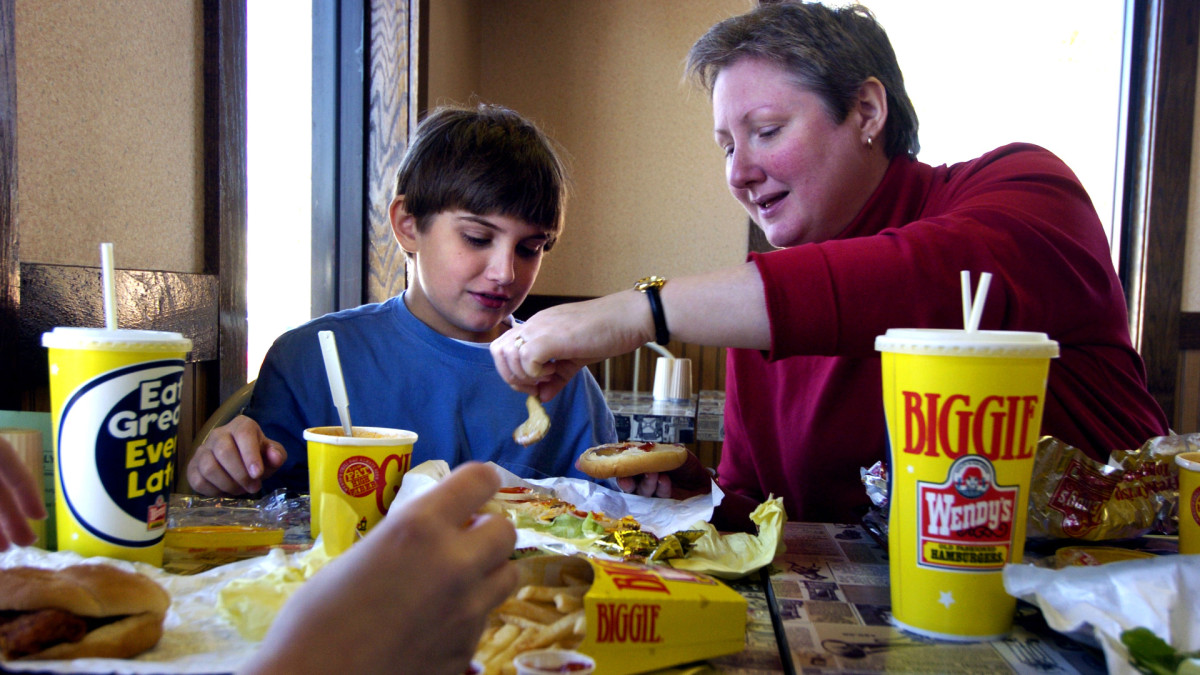
More struggling fast-food restaurant operators have filed for Chapter 11 protection over the past six months as they have dealt with a variety of economic pressures such as growing debt from increased costs, including rising interest rates.
Fast-food franchisees also have endured financial distress from various other issues such as economic woes, labor needs and changes in consumer behavior.
Filing for Chapter 11 protection is a method for these retailers to buy time to reorganize their businesses, relieve extreme financial obligations and allow them to emerge from bankruptcy with a healthier balance sheet to continue operating as a going concern.
Burger King operators Meridian Restaurants and Toms King filed Chapter 11 this year citing high costs and slow sales. Hardee's restaurant operator Summit Restaurant Holdings, which operates 106 stores, filed bankruptcy in May and either closed or sold off all of its restaurants.
Related: Beloved retail food supplier closes more processing plants
Restaurant chain closes locations without filing bankruptcy
Some struggling restaurant chains are closing underperforming locations but not filing bankruptcy. In June, vegan/vegetarian fast-casual restaurant chain Veggie Grill closed six of its restaurant locations in California because of a reduced demand for its fast-casual dining services from a shift to hybrid work models.
The company's website shows that it operates 12 locations in California, two in Oregon, two in Washington and one in Massachusetts.
Boston-based vegetarian fast-food restaurant chain Clover Food Lab on Nov. 3 filed for Chapter 11 Subchapter 5 bankruptcy in the U.S. Bankruptcy Court for District of Delaware to reorganize its business as it has struggled from the lingering effects from the Covid pandemic, according to its website. The restaurant chain with 15 locations also said in court papers that high rent and inadequate funding as a result of the failure of Silicon Valley Bank contributed to the chain's distress.
The company said it was finally forced to file Chapter 11 after it unsuccessfully sought lease concessions from its landlords at three of its locations that suffered from high rents and low sales.

Image source: Katherine Frey/The The Washington Post via Getty
Wendy's franchisee files for Chapter 11 Bankruptcy
Distress in the fast-food restaurant industry continues as Coral Springs, Fla., fast-food restaurant franchisee Starboard Group on Nov. 14 filed for Chapter 11 bankruptcy protection in the U.S. Bankruptcy Court for the Middle District of Florida in Orlando to reorganize its 73 Wendy's (WEN) -) restaurants.
Starboard Group also operates 22 CiCi's Pizza, 15 Subway, six McAlister Deli and 5 Fuzzy's Taco Shops across Alabama, Florida, Illinois, Missouri, Louisiana, Wisconsin and Texas, which are not included in the bankruptcy filings.
“Placing the Wendy’s division in a Chapter 11 reorganization is the wisest decision we could have made in order to save jobs, strengthen the company and our partners for the future,” SBG CEO Andrew Levy said in a statement reported by Restaurant Business.
Levy cited a combination of post-Covid consumer habits, increasing costs of doing business and significantly higher interest rates for forcing the company to file bankruptcy.
Starboard Group filed no fewer than 10 Chapter 11 petitions for entities with names such as SBG Burger Opco, Starboard with Cheese, Starboard Group of Tampa and Starboard Group of Alabama. The company will likely file a motion for joint administration of the cases.
Starboard operated 101 Wendy's in June 2020, according to QSR, when a former employee filed a lawsuit under Florida's Private Whistle Blowers Act seeking $1 million in damages alleging sexual harassment by company leadership and accusing the company of directing the worker to defraud the Paycheck Protection Program during the Covid pandemic. The case is still pending in Broward County (Fla.) Circuit Courts.







